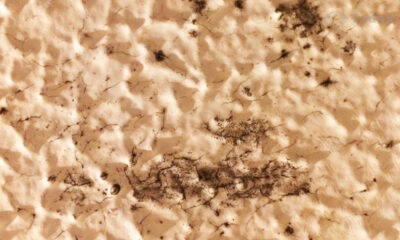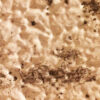Let’s face it – taking refuge in a pub after a busy day of work or a week of demanding tasks is a much-awaited moment for many people.
There is nothing wrong with wanting to socialise and enjoy a few laughs with friends and colleagues, but problems may arise if you lift your elbow a bit too much. Alcohol misuse, in fact, can be a causal factor in over 60 medical conditions, from depression and cirrhosis of the liver to throat, stomach, and breast cancer.
What’s more, recent events have gone some way to exacerbating the issue of exaggerated alcohol consumption. It has been found that, as a result of heavy-drinking habits developed during the Covid lockdowns, up to 25,000 additional alcohol-related deaths could occur in the next 20 years in England alone. In turn, this could lead to about 1m extra hospital admissions, which in the long term may cost the NHS more than £5bn.
With the detrimental effects of excessive alcohol intake in mind, we look at some useful steps to take to help reduce its consumption, while highlighting the most prominent benefits of adopting this healthier mindset.
How to minimise your alcohol consumption
First things first, if you are worried about your alcohol habits and are concerned you might be drinking too much, it is always worth paying your doctor a visit. They should be able to help you address the situation and evaluate whether alcohol consumption is having a toll on your well-being.
If alcohol is identified as having contributed to a health condition you may need a GP prescription for, reducing your alcohol intake is likely to be beneficial, and your doctor may suggest ways to curb your drinking.
This said, here are a few initial steps you may want to embrace when on a mission to minimise your alcohol intake:
- Take a moment to reflect on the negative effects of alcohol – As mentioned, excessive consumption can result in an array of serious medical conditions. It can affect your health in many different ways, and even if it isn’t life-threatening, it can still usher some temporary, unpleasant consequences. For instance, it can only take a couple of drinks to leave you feeling foggy, dizzy, or hungover. That could then lead to disrupted sleep, memory problems, digestive issues, irritability, feelings of anxiety, and conflictual attitude. Is it really worth it? Bear in mind that, in the long run, these effects can pile up.
- Set a drinking goal or limit – Deciding on a drinking goal can be a useful way to set a limit on how much alcohol you will consume. Try to stick by the recommended guidelines and keep below those limits. For example, men under 65 should have no more than two standard drinks, whereas women (and men over 65) should sip one standard drink per day maximum. Of course, based on your own circumstances, these limits may already be too high. In this case, consult your doctor to help you determine what is right for you and your body.
- Beware of peer pressure and learn to say “no” – It is easy to drink one too many beers or glasses of wine when you have company. Remember, though, that you should never feel obliged to accept every alcoholic drink you are offered. Practice how to say “no” in a polite, respectful way. By turning down the offer both quickly and firmly, you won’t give yourself time to change your mind and peers will understand you really mean it.
- Share your target with friends and family – Letting others know that you are trying to limit your alcohol intake could motivate you to stay faithful to your plan. Family and friends are likely to encourage you to persevere and, ultimately, may also feel the need to review their own drinking habits.
- Pace yourself and drink water – A good trick to reduce your consumption is to alternate beers or spirits with ‘spacers’ (alcohol-free beverages). In fact, by drinking water or juice at the same time, you can actively slow down your alcohol intake. What’s more, make sure to sip your alcoholic drinks and take your time. Those who consume alcohol at a faster rate, especially the first few drinks, are at a higher risk of misusing it and developing dependence.
- Create a booze-free environment – It is fair to say that, when you come home from a stressful day at work or hectic afternoon out and about, a common automatic response is to pour yourself a glass of wine. However, creating an environment that helps avoid alcohol triggers can be hugely helpful. Getting rid of alcohol inside your home means you won’t have immediate access to it. Not only that, but the thought of going out just to buy a few cans of beer can deter you from wanting an alcoholic drink altogether.












